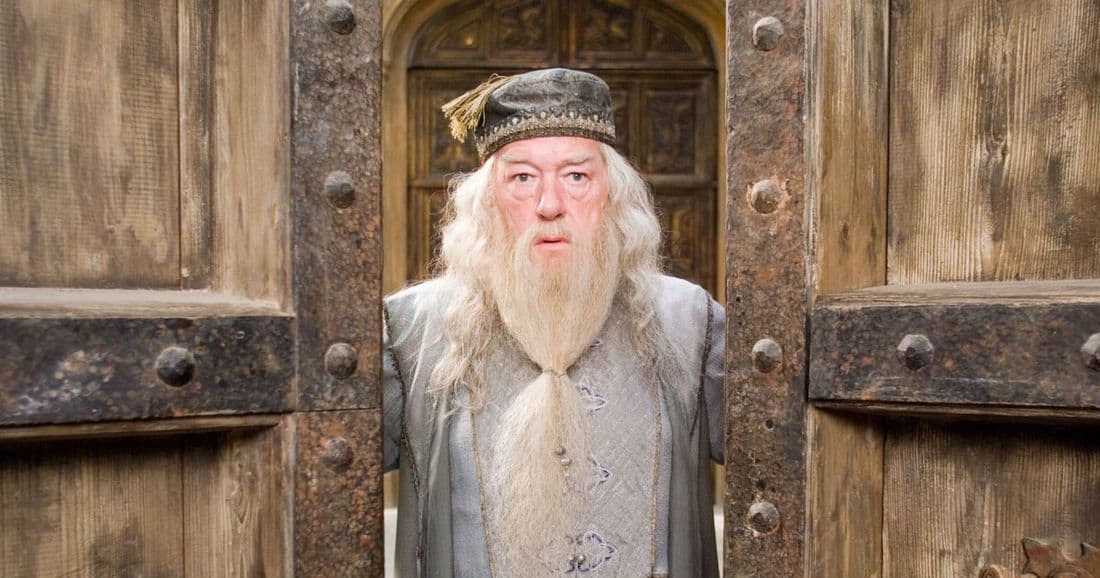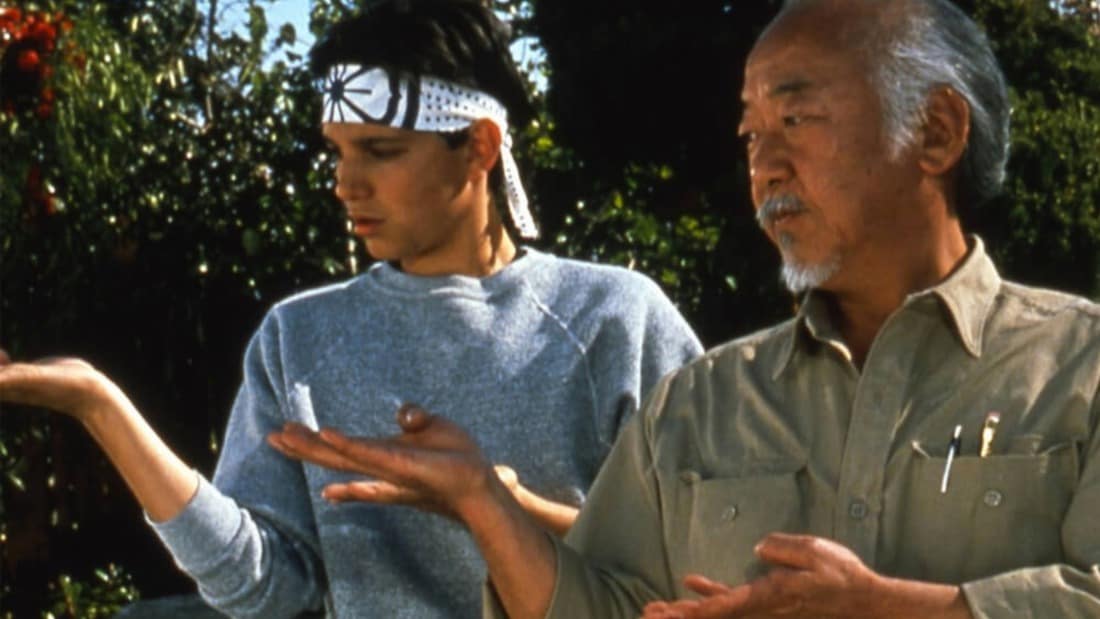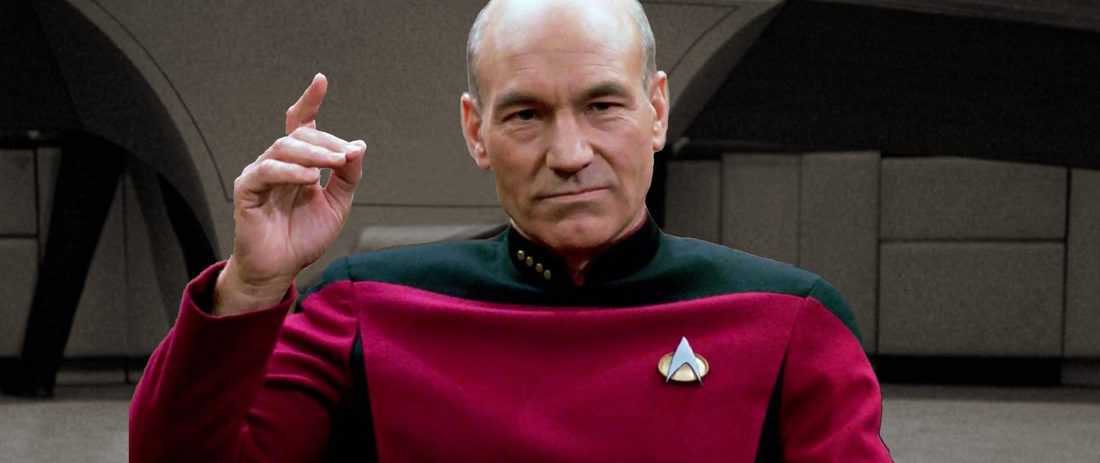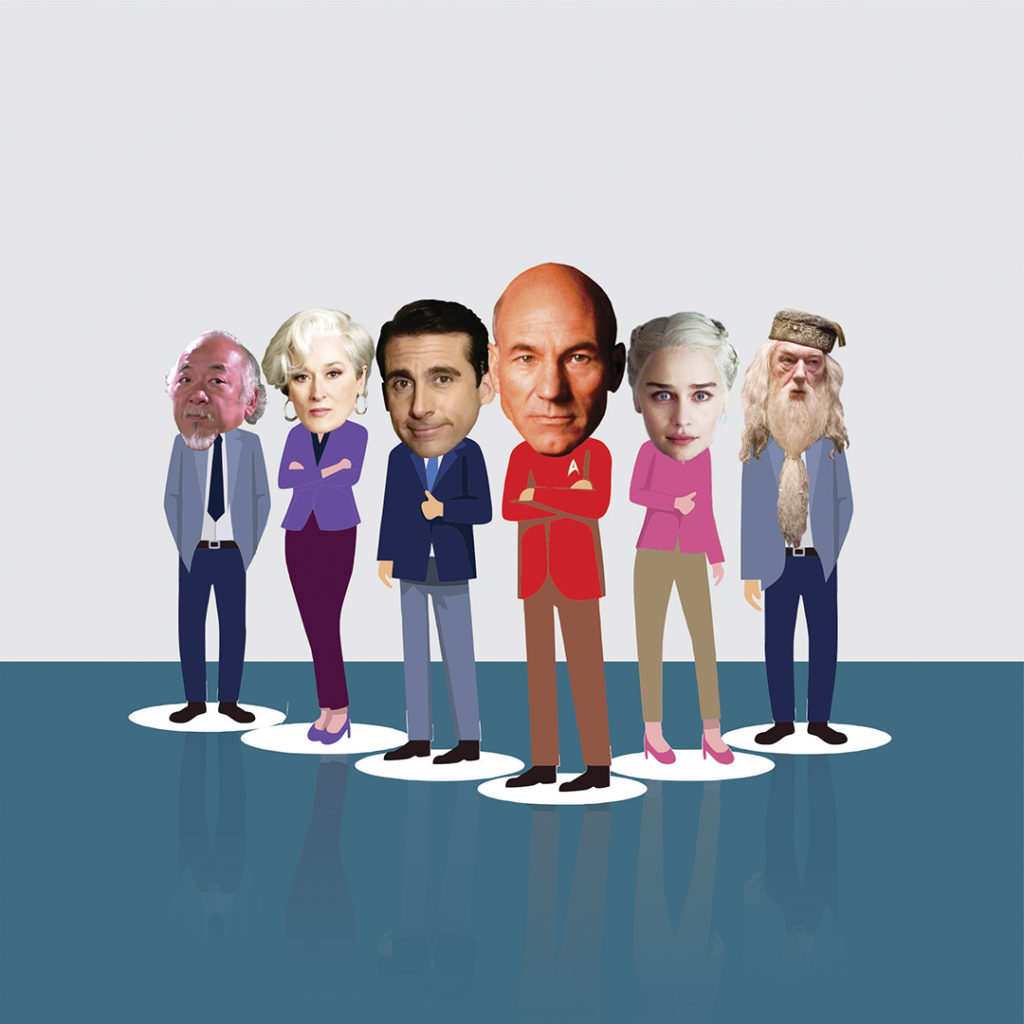We know being a business owner or manager comes with many challenges — and this is also true in fiction. That is why there are many different ways to present leadership styles in movies, TV shows and books.
If there is any place where we can idealize the perfect boss, it is fiction. At the same time, the catharsis that the medium provides allows screenwriters everywhere to imagine different fates, skills and ranges of competence for those leaders.
What TV and movies have to say about work is a hint of our social values. Even if that changes with time, the behaviour of a great leader is timeless. So check out our picks for leadership styles in movies and TV shows, but beware of spoilers!
Michael Scott: The Chaos Manager
When we think about workplace fiction, the American iteration of The Office and its iconic protagonist is the first thing that comes to mind.
Any true fan of this show can tell you that Steve Carell’s character Michael Scott is actually a great salesman, but that doesn’t mean he is a great boss. He follows a more laissez-faire leadership style by not providing input on the team’s activities and not taking the initiative to structure the group.
In an attempt to make day-to-day work more reasonable, Michael encourages the group to have fun. That is not inherently bad, but many times he ends up being the sole person responsible for the lack of focus and results that the Dunder Mifflin Scranton office employees face.

Dumbledore: The Push-over
Dumbledore was actually a teacher at Hogwarts, but what are great leaders if not teachers? Unfortunately for his students, Dumbledore was a little too nice. Have you ever taken the time to notice how many dangerous things happen during every one of the Harry Potter movies?
If you don’t remember our founder’s adapted version of the Blake-Mouton’s managerial grid, a push-over leader is more people-oriented and lacks focus on tasks, usually trying to provide a comfortable environment instead of an effective one.
And whether with his students or his fellow teachers, headmaster Dumbledore does not have a steady hand. His heart is in the right place, but his lack of management can be proven by the Defense Against the Dark Arts teachers’ high turnover and injury rates.
Miranda Priestly: The Dictator
Miranda is the epitome of leadership style in movies — literally. The fashion magazine boss in The Devil Wears Prada keeps everyone in place by projecting fear.
If there is one thing that the movie gets very right is that this leadership can work, but for a short time. Runway magazine is well recognized, and the ending of the movie implies that Anne Hathaway’s character success is because of her boss’ actions.
What the movie doesn’t show us is how long that team will hold together and who will be the first to burn out.

Mister Miyagi: The Coach
What better than a sports movie to showcase the Coach’s leadership style?
Karate Kid’s famous master, mister Miyagi, is somewhat a stereotypical and dated reference of ancient Asian knowledge. Yet, his teaching style holds up until today. The movie trilogy and Netflix’s TV show sequel “Cobra Kai” showcase how the Miyagi-do style differs from other coaches.
At the same time that Mister Miyagi teaches Daniel Russo new (hard) skills, he values his inner strength and soft skills like compassion and patience. A true coach can cultivate the distinct capabilities of each team member.
Daenerys Targaryen: The Inspirer
If you watched Game of Thrones until the end, there is a point to be made that our Khaleesi is a dictator. And maybe she is. But for most of her journey, Dany is focused on inspiring her followers.
She is one of the most popular characters from Game of Thrones for a reason. When she is building her army, they are offered the option of joining her cause, like many charismatic bosses inviting us to be part of a team.
Like, the Coach, the Inspirer isn’t on our adapted version of Blake-Mouton’s managerial grid, but it is undoubtedly a leadership style worth noticing. If anything, Daenerys’ journey proves that being inspirational is not enough and that a leader’s style can change with time.

Jean-Luc Picard: The Servant Leader
A servant leader is focused on providing direction and removing obstacles while allowing the team to do their best work. And there is no one better than Patrick Stewart’s character in Star Trek: The Next Generation and Star Trek: Picard to illustrate it.
Picard’s quest to establish and sustain diplomacy is the theme of the series. His ability to welcome opposing leaders from multi-species encounters while staying polite in the face of adversity is fascinating.
He makes good communication and trust a priority. When it is time to make quick decisions, his followers don’t need to go on a spiral of questions. He is not afraid to ask for help and knows his team’s best assets.
Do you identify with any of these characters? Sure we can’t all be Captain Picard, but it helps to know that some leadership styles are more effective than others.
If you think it is time to boost your knowledge on this front, Clubnet is here to help you.




